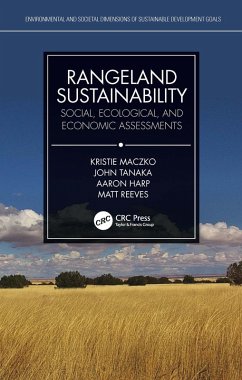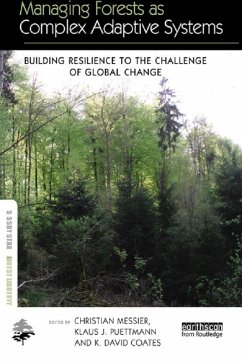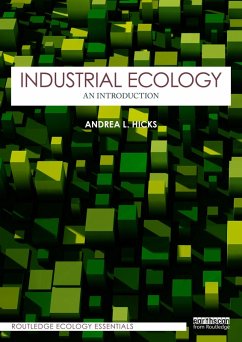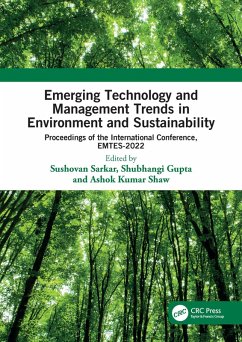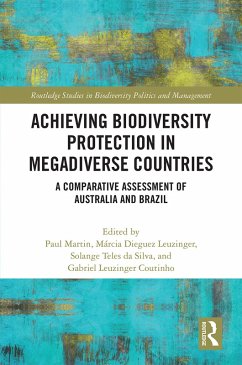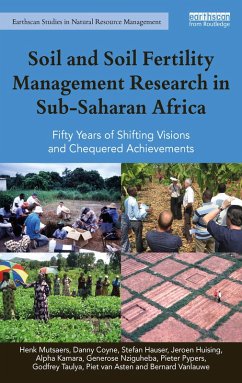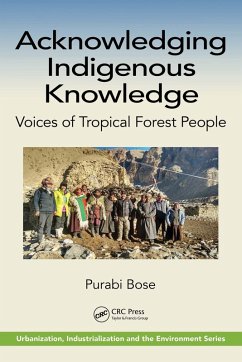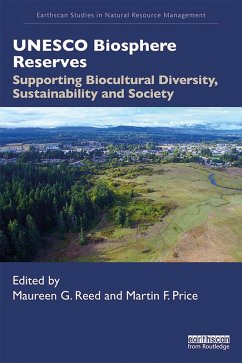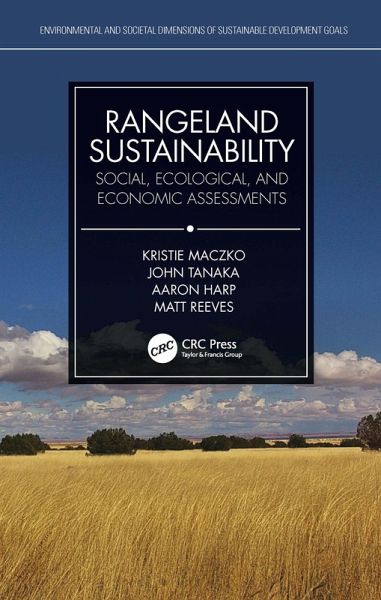
Rangeland Sustainability (eBook, ePUB)
Social, Ecological, and Economic Assessments
Versandkostenfrei!
Sofort per Download lieferbar
45,95 €
inkl. MwSt.
Weitere Ausgaben:

PAYBACK Punkte
23 °P sammeln!
This book provides an integrated description of the indicators of rangeland sustainability that capture ecological, economic, and social dimensions. It takes a fresh look at the information available on current and emerging issues across rangelands, and presents collaborative research for future progress. Authors offer a framework for evaluating rangeland sustainability, the best available data to use, as well as an interactive tool for use at a variety of geographical scales. Readers with limited knowledge of rangelands, as well as professional rangeland ecologists and land managers, will gai...
This book provides an integrated description of the indicators of rangeland sustainability that capture ecological, economic, and social dimensions. It takes a fresh look at the information available on current and emerging issues across rangelands, and presents collaborative research for future progress. Authors offer a framework for evaluating rangeland sustainability, the best available data to use, as well as an interactive tool for use at a variety of geographical scales. Readers with limited knowledge of rangelands, as well as professional rangeland ecologists and land managers, will gain an understanding of the best tools available today to assess sustainability across rangeland ecosystems in the U.S.
Dieser Download kann aus rechtlichen Gründen nur mit Rechnungsadresse in A, B, BG, CY, CZ, D, DK, EW, E, FIN, F, GR, HR, H, IRL, I, LT, L, LR, M, NL, PL, P, R, S, SLO, SK ausgeliefert werden.




